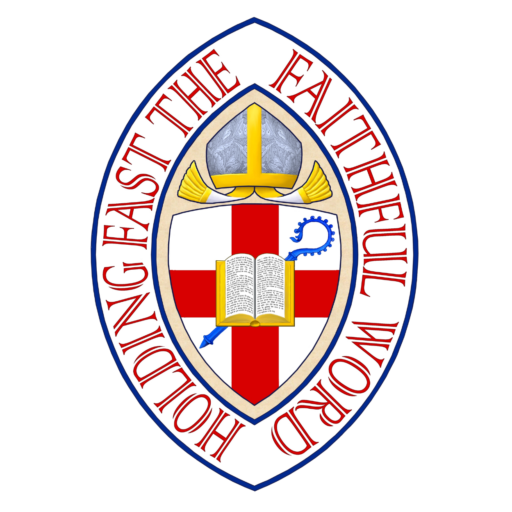It’s natural to be afraid of the dark, but Mark’s account of the resurrection tells us about people who were afraid of the light. Sometimes, the darkness is easier to cope with.
The disciples of Jesus had lived through a roller coaster of emotions during that first Holy Week. They had been carried along by the cheering crowds of Jesus’ entry into Jerusalem. They had spent the festival vigilant in the face of the risk to Jesus from the authorities, Jewish and Roman. They had experienced the intimacy of eating and drinking with Jesus and one another at the Passover supper. Then came the fear, the shame, the despair, and the grief of Jesus’ arrest, trial, and horrific death. In those circumstances, the deadness of grief seems welcome. It offers the chance to retreat into the dark and to stop feeling for a while. There is comfort in the dark, and a certain bleak peace.
A group of women go early in the morning to a tomb they know to be secure and guarded. They go to grieve. The bright light of a Jerusalem morning may be shining around them, but there is darkness in their hearts. Perhaps there is comfort in that. Now that it is all over and the adventure of travelling with Jesus has come to an end, they can do what women often do – weep for the dead, and tend to the living. They are sad, of course, devastated even, but they are not afraid, not any more. When the worst you feared has happened, there is no more reason to be afraid.
It is not the darkness that scares them out of their wits, but the light – the white light from the figure who ought not to be there. The mysterious young man breaks into the darkness of grief and despair with a searing white light of hope and joy, and the women are afraid.
Grief they understood, it has its rituals and its expectations, and they know what is expected, but this new thing, this unexpected joy, this painfully bright light, this is terrifying. In their grief, the walk to the tomb has been long and slow. Now all is movement. They run from the empty tomb, not knowing whether to scream or sing.
Each of the Gospel writers tells the story of the resurrection in a distinctive way. None of the Gospels attempts to tell us what happened to Jesus between Good Friday and Easter Day. That remains a mystery. Instead, the Gospel writers show us the effect of the resurrection on those who were there. Mark is not alone in describing the first reaction of those who experienced the resurrection as one of fear.
As we sing alleluia on Easter Day, it is probably not fear we are feeling, but perhaps it should be.
The women at the tomb were right to be afraid. A bright light had pierced the gloom of the world, and nothing would ever be the same again. Dark death had been overcome. All the old, comfortable certainties had failed. The world had been turned upside down, and there were consequences. No returning to the safety of domesticity, but a commission to spread the news. No safety for us if the light pierces through our lives and into our hearts today, but a life committed to the truth. Perhaps we should be more afraid, in order to hear the risen Jesus speaking to us: ‘Go and tell.’
The Revd Matthew Firth
Northern Diocesan Church Planter

